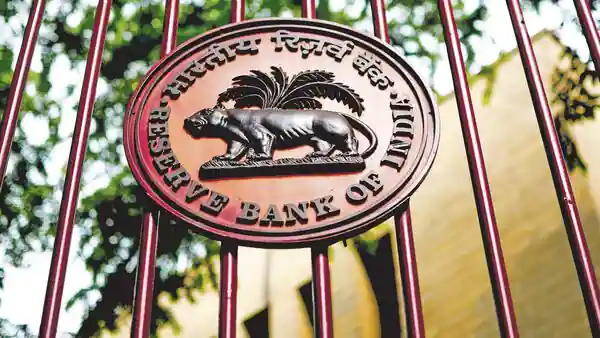[ad_1]
The Reserve Bank of India on Monday penalized five cooperative banks as they were deficient in complying with the rules and regulations given by the Central Bank. RBI cleared that these penalties are not part of any intention to pronounce the validity of any transaction or agreement entered by these banks with their customers.
The penalties went as high as ₹25 lakh on Karnataka State Cooperative Apex Bank, Bangalore as the bank was not complying with the RBI’s direction on “Housing Finance”, the Central Bank stated.
Thane Bharat Sahakari Bank Limited, Thane, was penalized with a penalty of ₹15 lakh for not acting upon the RBI regulations on Customer Protection – Limiting Liability of Customers of Co-operative Banks in Unauthorised Electronic Banking Transactions.
Rani Laxmibai Urban Co-operative Bank, Jhansi, will pay a fine of ₹5 lakh to Reserve Bank as the bank failed to follow specific directions issued under the Supervisory Action Framework (SAF).
The Nicholson Co-operative Town Bank (No.8), Thanjavur District, Tamil Nadu violated directions under Exposure Norms and Statutory/Other Restrictions – UCBs and hence will pay a fine of ₹2 lakh.
One more cooperative bank The Urban Co-operative Bank, Rourkela will pay a relatively lighter fine of ₹10,000 for breaching the rules related to the Depositor Education and Awareness Fund.
Regulation of cooperative banks is one of the most important parts of the Central Bank’s functioning now as these banks cater mainly to the economically weaker section of society. In rural areas, cooperative banks mainly work to ensure credit flow to the agricultural or other primary sectors of the economy. While Urban Cooperative banks fulfill the credit need of the urban and semi-urban populations.
“This role is (regulating cooperative banks), perhaps, the most unheralded aspect of our activities, yet it remains among the most critical. This includes ensuring credit availability to the productive sectors of the economy, establishing institutions designed to build the country’s financial infrastructure, expanding access to affordable financial services and promoting financial education and literacy. This includes ensuring credit availability to the productive sectors of the economy, establishing institutions designed to build the country’s financial infrastructure, expanding access to affordable financial services and promoting financial education and literacy,” says the website of Reserve Bank of India.
With Inputs from PTI.
Download The Mint News App to get Daily Market Updates.
More
Less
Post your comment
[ad_2]
Source link








